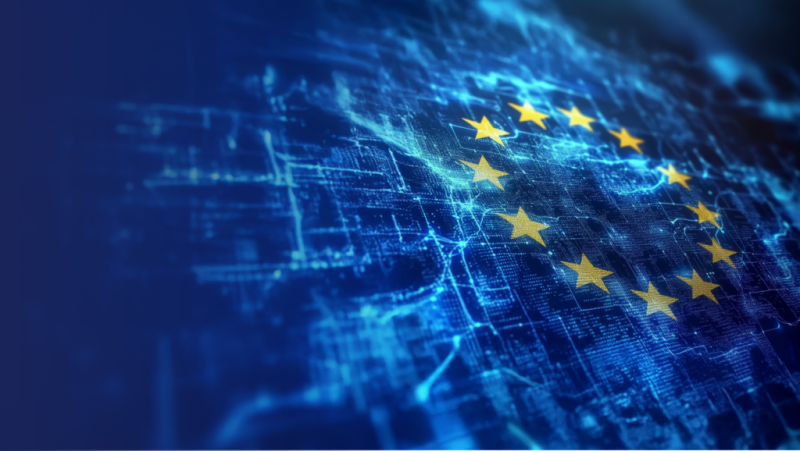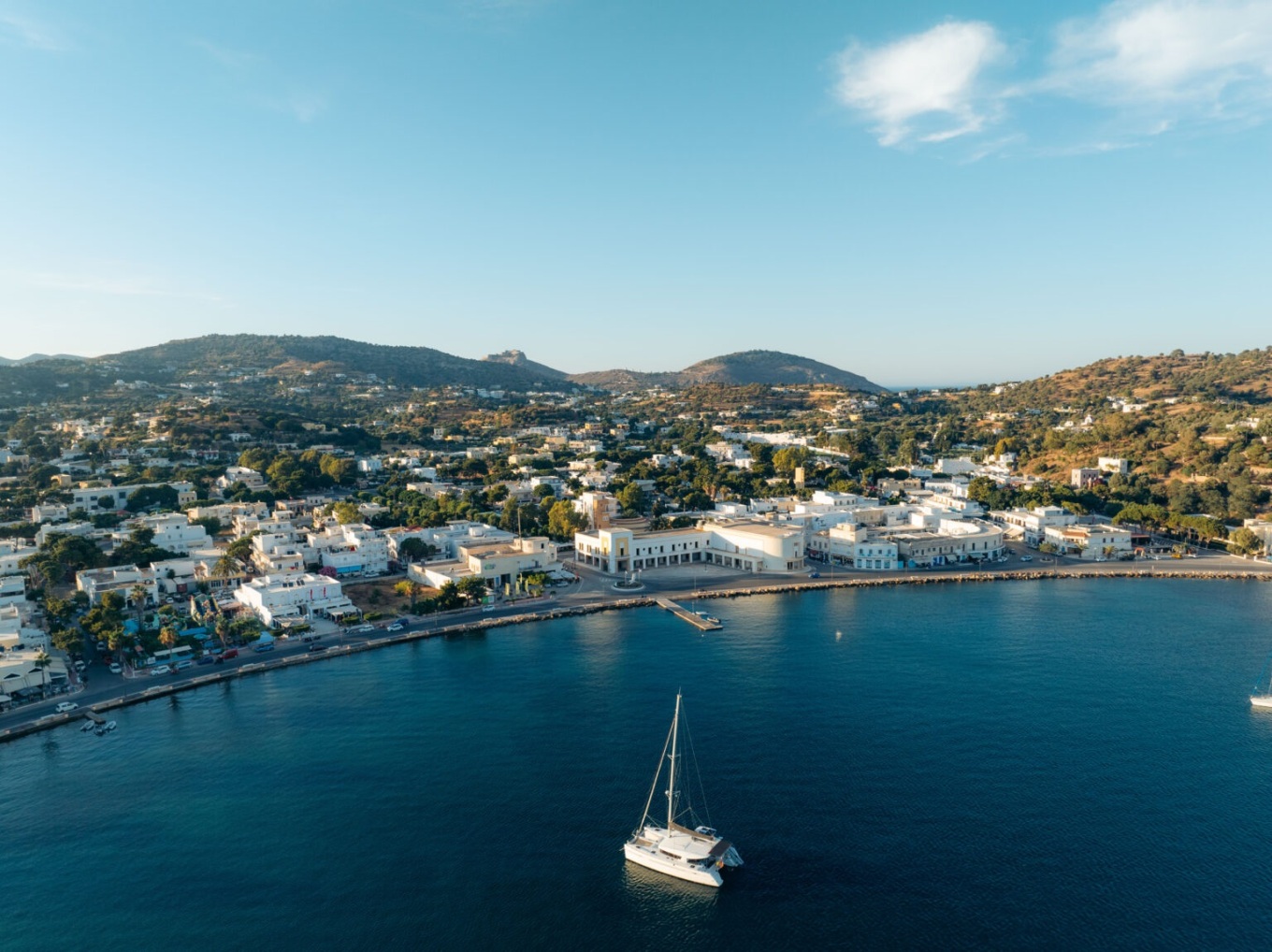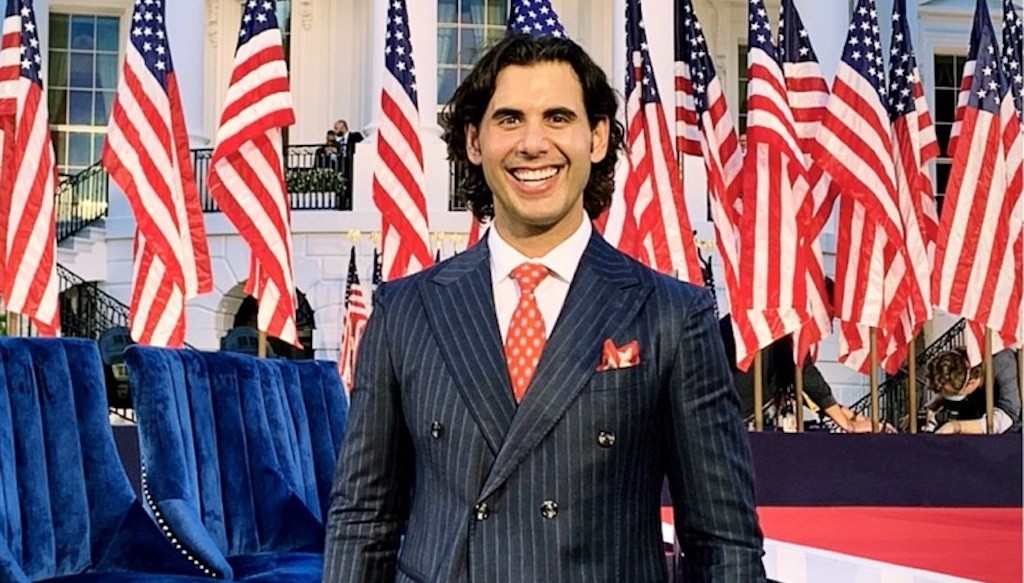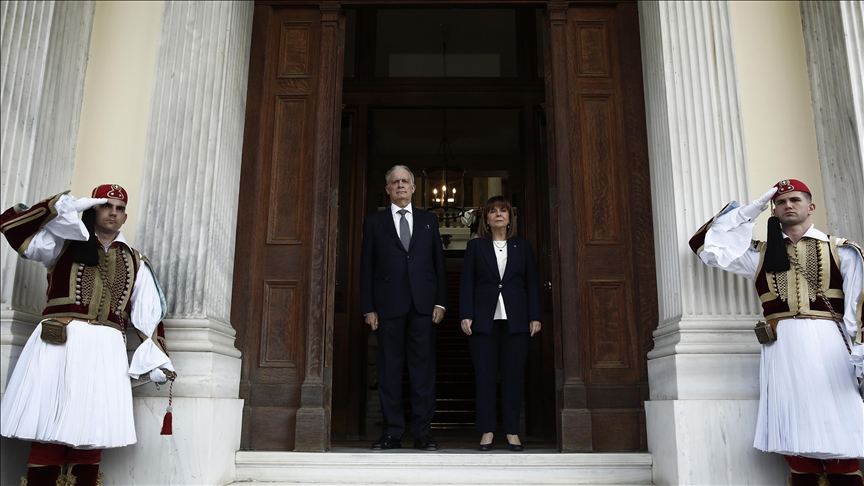

The new US administration has, as expected, brought upheavals on the international political scene and unfortunately or fortunately for the European Union, it has made extremely clear, even to the most ignorant, two of the main problems at its core.
The first problem is that of European security and defence which, according to the framework defined by the CFSP (Common Foreign and Security Policy of the EU) and its organic part, the CSDP, should in theory be a joint effort. Von Der Leyen herself had spoken in 2024 of ‘geopolitics of common interests’.
The second problem is that of the absence of real leaders in Europe, a problem that has plagued the Union for many years, despite elegant formulations and public relations waffle intended for internal and external audiences.
While the US is literally selling security to its would-be buyers around the world, European leaders are behaving like headless chickens, trying to win impressions rather than substance.
The evidence of the inappropriateness of their actions is inexorable.
Since February 2022, when the war in Ukraine began, the Europeans have completely failed to build a large industrial base that will produce defence equipment, and some of them have spent vast sums of money on acquiring defence equipment produced in the US rather than in the EU.
In other words, continued financial loss and little or no participation in the production know-how of the advanced defence systems they buy.
European leaders have also managed to replace an energy monopoly relationship with Russia (German inspired) with other monopolies that keep them locked into very high energy supply prices, due of course to the utopia of an unworkable ‘green agenda’ that does not reflect reality and the existing technology that will enable its implementation.
Geostrategically, Europe has always had specific options. Poor in resources, following the industrialisation of its societies, it has been forced to turn to geographical areas outside of Europe to obtain the resources needed by industry.
Such a situation naturally produces geopolitical dependencies, as with China, from which Europe imports a huge proportion of the resources it needs, such as rare earths, which many countries have long moved to control on Ukrainian territory.
There are many reasons why the European Union has failed to have a real common foreign and security policy. The resources that each country possesses, and its geography have created European history as well as alliances and correlations that are extremely active and cohesive within the bosom of the EU.
The northern countries, for example, cannot understand the security problems of the Mediterranean countries, let alone Greece’s problems vis-à-vis voracious Turkey, and are now concerned about Russian ambitions.
The behaviour of Polish Prime Minister Tusk during his visit to Turkey, the willingness of the coalition of European manufacturers of the Meteor missiles to sell this weapon system to Turkey and create a serious problem for the Hellenic Air Force, is indicative of the fact that defence and security in Europe are not common.
This, together with the obvious historical reasons, was one of the main reasons for the creation of NATO, where the USA, as a superpower, took over the security of Europe.
The EU member countries have always had very different national interests, but they no longer have leaders, but only the products of public relations, happily exchanging letters with no pragmatic actions behind them.
The abandonment of the ‘moral element’ that the EU has always embraced in its relations with other international players, by entering into relations with the new, highly controversial Syrian government of allegedly repentant terrorists under Turkish supervision, is an act of Realpolitik by some who neither embrace it nor mean it at a pan-European level.
The recent massacres in Syria by the new regime have demonstrated very quickly how short-sighted European foreign policy is.
For Hellas, its freedom is an end in itself. Its defence is not a product to be ceded to other international actors, something part of the domestic political scene has always been longing for.
*Dr Josef Demergis: Research & analysis Director Strategy International
Adjunct Lecturer Department of History, Politics and International Studies Neapolis University Pafos
Σχετικά Νέα
 Christos Marafatsos: His Role in Strengthening Greek-American Relations
Christos Marafatsos: His Role in Strengthening Greek-American RelationsChristos Marafatsos, a Greek-American businessman, has significantly raised his profile within the Greek-American community.
 Turks are buying up Thrace and the islands – A silent settlement via real estate
Turks are buying up Thrace and the islands – A silent settlement via real estateProperties priced between €5,000 and €20,000 are being massively sold to Turkish, Bulgarian, and.
 Christos Marafatsos in Greece: A Unique Address on U.S.-Greece Relations in Trump’s Second Presidency
Christos Marafatsos in Greece: A Unique Address on U.S.-Greece Relations in Trump’s Second PresidencyThe Israel-Greece Friendship Association is organizing an event featuring Christos Marafatsos, President of Greek.
 Veteran conservative lawmaker sworn in as Greece’s new president
Veteran conservative lawmaker sworn in as Greece’s new presidentVeteran conservative lawmaker Konstantinos Tasoulas was sworn in as Greece’s new president Thursday, as.


